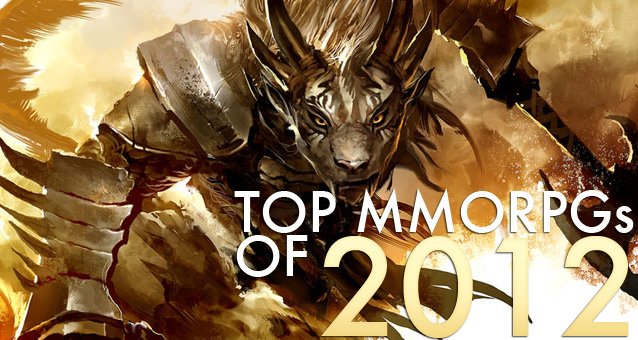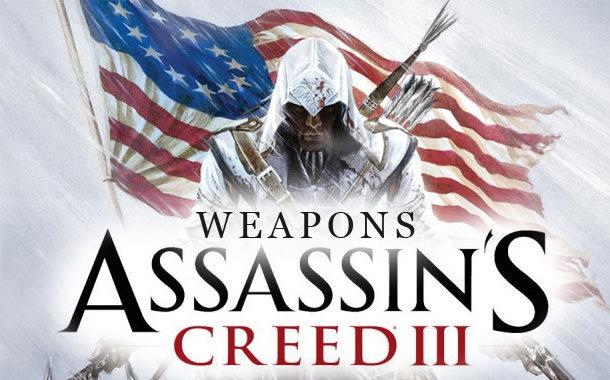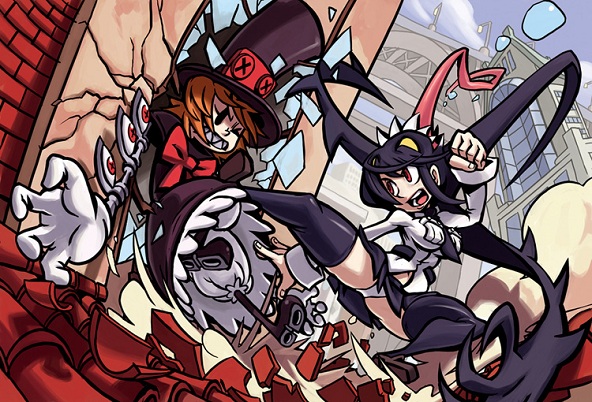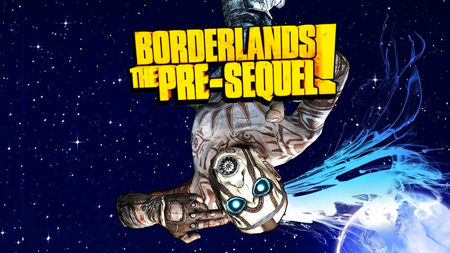


Massively Multiplayer Online Roleplaying Games—or MMORPGs for short—have been massively maligned ever since their inception as MUDs in the mid-90s.
Cast aside by most gamers as a genre that did not require much player skill, with game mechanics that consist of nothing more than pushing a single button to level up, and made fun of in various comedies (South Park and SMBC Theater, among others), MMORPGs have struggled to earn a place among more serious games.
Despite their humble beginnings, MMORPGs would soon overtake their single-player and competitive multiplayer counterparts with offerings like Ultima Online, Asheron's Call, and Everquest. Finally, Blizzard's release of World of Warcraft—made popular by the preexistence of the Warcraft series of real-time strategy games emerged as a top earner, ranking itself among one of the most profitable games ever made, alongside The Sims and the Call of Duty series.
Since then, other companies have attempted to cash-in on the genre with various offerings, some of which were mild successes, while others were total and utter failures.
With the dawn of 2012, we take a look at a new batch of MMORPGs that promise to keep the genre alive and invigorated. Some of the titles listed in the following pages have been out for awhile, but on-going patches and updates promise to make these games even more exciting, or at least allow them to live up to their initial promise.
Tried and true, and—depending on who you ask—perhaps even beaten to death by this point, World of Warcraft is to have its experience extended even further with the addition of a new expansion pack titled Mists of Pandaria.
Not only does the expansion pack raise the current level limit and add new bosses, it also adds an all new continent—that of the title's namesake—with an all new race of Pandaren. Players can roll a new character, beginning from level 1, and experience the new Monk class.
Fans of the Warcraft series will argue that Mists of Pandaria betrays the game's more serious origins, and the hardcore raiders of WOW itself may dislike Blizzard's change in philosophy towards the 'casual', but most WoW players will undoubtedly be pleased by what the expansion has to offer—assuming they haven't quit the game already.
CCP has plenty to be proud of. The developer created one of the most original MMORPGs to date—EVE Online. The game not only showed the industry that an MMO doesn't need to have swords and elves to be successful, but that it can also be set in space, and almost entirely player-run.
Rather than creating preset content and quests for players to accomplish, CCP designed a setting as large as the real galaxy (with the added convenience of FTL travel) and allowed players to focus on what really matters in an online game: the community.
The studio has since announced a collaboration with RPG developer White Wolf to adapt the World of Darkness setting into an MMORPG. Tentatively titled "World of Darkness Online," the game promises to provide a strong focus on player politics and social interaction. Little else is known of the game at the present, but its developers have scheduled a launch window for this year.
Released in late 2011, Star Wars: The Old Republic is Bioware's first attempt at bridging traditional dialogue-based CRPGs with a massively multiplayer universe. The game is set not in the Star Wars of the movies, but three thousand years before the movies take place, in the age of The Old Republic.
Star Wars: The Old Republic is the first MMORPG to use a fully fleshed out dialogue system not too dissimilar from Bioware's other single-player RPG, Mass Effect. Through their actions and dialogue choices, players can choose to join the light side, or turn to the dark side. Thanks to the hundreds of thousands of man-hours put into the game's development, the story given plays out as if it were unique to the player alone.
The rest of 2012 will see if The Old Republic manages to topple World of Warcraft, or at least hold its own against the juggernaut.
The Secret World is another foray into the MMORPG scene by MMO veterans Funcom. Officially in development since 2007, and lead by The Longest Journey creator Ragnar Tørnquist, the developers have had much time to polish and perfect the game.
The Secret World borrows its setting from the Cthulhu mythos, and is described as a world filled with "magic, mythos, conspiracies and dark horrors." Three factions—the Templar, the Illuminati, and the Dragon—vie for world dominance, just as they have throughout the ages in the history of The Secret World. The game is set in the modern world, and incorporates mythology real and false history, urban legends, and ties each of these elements into an elaborate backstory.
Entirely story-driven, The Secret World will have an overarching plot that gives context to the player's actions within the game, and it can even be played in single-player mode.
When ArenaNet first released Guild Wars, the game offered what the developers call a "cooperative online role-playing experience". Rather than being set in a large, expansive open environment, players were confined into multiple instances, which were generated on the fly depending on the player population.
Much like World of Warcraft's dungeon instances, players could then group in in teams of four to eight to complete standalone missions. In addition to the cooperative missions, players could also do battle against each other in competitive arenas—a feature which gave Guild Wars its name.
The developers plan to set Guild Wars 2 in a wide, open environment where battles take place across large battlefields rather than scaled down instances. The skills have been streamlined to make player teams less dependant on their equipped skills and more focused on performing actual teamwork.
Like its predecessor, Guild Wars 2 will be completely free to play.




 Pokemon Heart Gold Guide
Pokemon Heart Gold Guide How to farm Borderlands: The Pre-Sequel Moonstones, New Location Farming Guide for PC, PlayStation and Xbox
How to farm Borderlands: The Pre-Sequel Moonstones, New Location Farming Guide for PC, PlayStation and Xbox 17 Best Health and Fitness Gadgets to Improve Your Body
17 Best Health and Fitness Gadgets to Improve Your Body Monster Hunter 4 Ultimate Guide: How to Kill a Gypceros
Monster Hunter 4 Ultimate Guide: How to Kill a Gypceros WWE 2K16 Submission System tips
WWE 2K16 Submission System tips